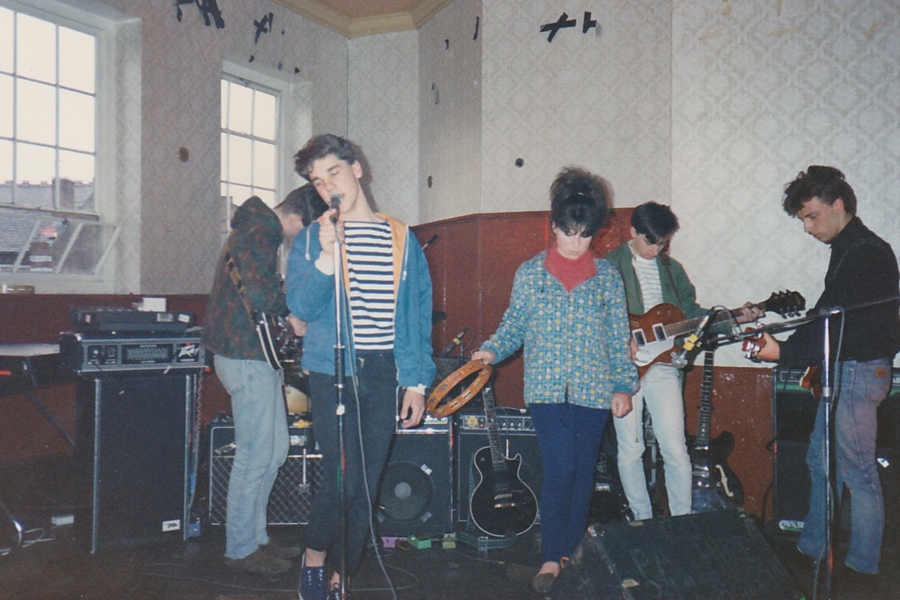Long ago when Sydney had a great pub rock scene, I was taking lessons from a blues guitarist named Bruce. One day he made a scornful remark about the ‘Surry Hills sound.’ He was talking about the indie rock that got played in inner city suburbs like Surry Hills and Newtown.
What did he mean by it? In indie rock there were no rules. ‘Anything goes,’ Bruce said dismissively. He was right. You’d hear some odd music round the inner city back then. Weird chord patterns, random guitar solos, strange lyrics and singing.
All this annoyed Bruce. He was a blues guitarist, and blues is one of the most structured, rule-based genres around. It’s mostly based around three chords – I, IV, and V. So, if you’re in the key of A, the chords are A, D, and E. Blues is too structured for me. I wouldn’t want to be confined to those three chords. But coming from that style, you can understand why Bruce didn’t like those anything-goes indie bands. The ‘Surry Hills sound!’ I can still hear the scorn dripping off his words.
The indie scene had the old punk rock ethos where you didn’t have to be good at music to be in a band. You can’t play? Never mind. Just get up there and do it. Being good at guitar was seen as somehow pretentious, or at least unnecessary. Playing music was a political act, and musical skill was an optional extra.
So you’d have bands playing around Newtown, Glebe, and Surry Hills and half of them seemed to be making it up as they went along. But some of it was brilliant. When you reject the uptight rules of musical theory and convention, it can be very liberating. Some amazing stuff is going to emerge.
To be fair, some of those musicians were good. Maybe they could play a bit already, or they had natural talent and learned as they went along. If they rejected the normal structures of music, that was alright because, as one of my music producers said there’s only one rule – if it sounds good, it is good.
I used to think like Bruce. My musical snobbery took a different form. I liked classic heavy metal where the guitar solo was king – and most of these indie bands didn’t play solos. Or if they did, they’d be short and simple.
Over time, however, I changed my views. For one thing, some of those indie guitarists were very talented. Johnny Marr, for example, is a genius. You’ve also got bands like the Strokes, who can play well. Anyhow, you don’t need solos every time. And one thing I’ve learned, a good song is a good song, regardless of the genre.
Indie music is also called ‘alternative rock,’ as in an alternative to the mainstream. I came to realise there was this whole alternative universe of indie rock, away from both mainstream rock and genres like blues and heavy metal. Some of my guitar students have introduced me to this music. I will discuss this more in my next blog post.
The Surry Hills sound? I know exactly what Bruce meant by it, and why he said it with such disdain. But indie rock has a lot to offer if you approach it with an open mind and don’t get hung up on the usual restrictive rules and conventions of music.
For further reading, here’s an article of the best alternative albums of the 1980s https://www.loudersound.com/features/alternative-80s-a-guide-to-the-best-albums

